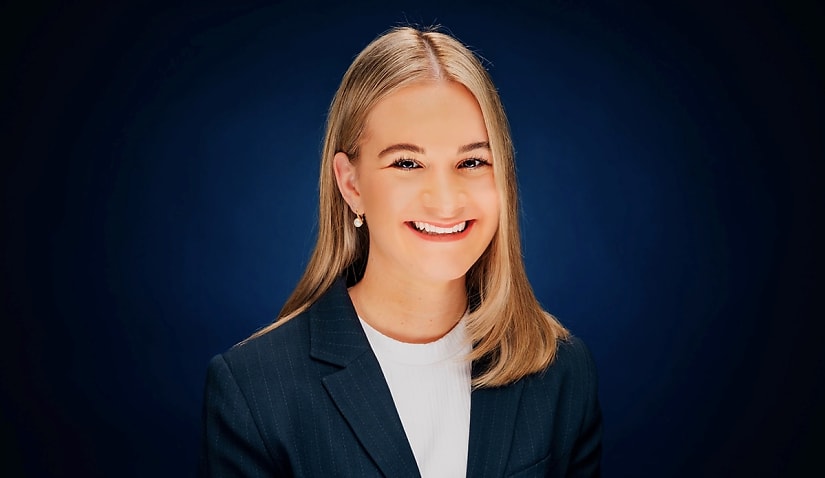Possessing technical legal skills and knowledge is merely the foundation for success in legal practice, with an award-nominated in-house lawyer arguing that it is crucial for lawyers also to be commercially minded to achieve more tremendous success.

In a recent episode of The Protégé Podcast, Chloe Giamadakis, legal counsel for UniSuper and finalist for the 2023 Australian Law Awards for Rising Star (In-house), underscored the importance of lawyers understanding the commercial realities within their firm. She highlighted that this understanding not only enables lawyers to provide greater value to their organisation but also significantly enhances their ability to navigate complex business landscapes.
“This is definitely something that in-house lawyers think about, and you come to realise it really quite quickly that you are more than just your technical legal skills,” she said.
Giamadakis noted that spending considerable time with various teams – from investment and marketing to finance and HR – taught her how developing commercial skills is crucial in collaborating with these diverse departments.
“The reality is that you are spending a lot of time with the business, and as a result of that, you really are spending time with individuals across many different teams. It could range from your investment team to marketing to finance and HR. So, quite quickly, you learn that there’s a bit more to it than just your strict legal skills,” she said.
Reflecting on her experience in law school, Giamadakis acknowledged that while law school effectively prepares students for legal knowledge and interpretation, a shift occurs while being an in-house lawyer where the focus is on tailoring advice and communicating efficiently with various individuals within the business.
“Law school prepares you really well for your legal knowledge and how to interpret the law, and apply the law. But where I think you see a shift is particularly in an in-house role when you are actually interacting with various individuals.
“It’s all about, for instance, tailoring your advice. How do you communicate with relevant people within the business and actually give them the information that they need in a timely, efficient manner?” she said.
Giamadakis emphasised the importance of commercial knowledge, highlighting that a lawyer’s capacity to comprehend and navigate the commercial realities of their environment is where they can provide the most value.
“Commercial knowledge is very important because you really need to be a lawyer who truly understands the commercial realities that your organisation operates in because I think that’s ultimately where you provide the most value,” she said.
To gain this commercial insight, Giamadakis advises lawyers to invest time and learn about the business, which involves engaging with various departments to understand their roles and challenges.
“It’s very much about spending time and investing and learning about the business and how you’re going to support them. So it could be spending time with the various departments, understanding how they fit in within the broader business,” she said.
Giamadakis provided an example of how she collaborates closely with her business investment team, which enhances her understanding of their challenges and perspectives regarding specific assets.
“For example, I work quite closely with the investments team, so it might be that I sit down with them, sit in on a meeting with them to better understand their pain points and how they’re thinking, for example, about particular assets,” she said.
Giamadakis offers advice to junior legal practitioners on how to develop and refine their commercial skills, detailing the essential steps to take for effectively integrating business acumen into their legal practice.
“I think your team is a great spot to start, particularly if you’re, for example, coming in a little bit new, because they’ve, obviously, been the organisation and are probably well placed to guide you and point you in the right direction,” she said.
“But beyond that, I think it’s really important to understand the macroeconomic realities that your organisation operates within. If there’s quite a strict regulatory framework, for example, but also understanding the industry more broadly, just to better inform you of the organisation’s decisions and why certain approaches may be taken.”
Giamadakis also suggested that junior legal practitioners network within the industry, stating: “It could be as simple as, for example, joining an industry body and starting to create a bit of a network within your industry. That’s something that I did really early on in my career, and now I’m in a really lucky place where I have people in the industry that I can turn to if I need to bounce some ideas off them.”